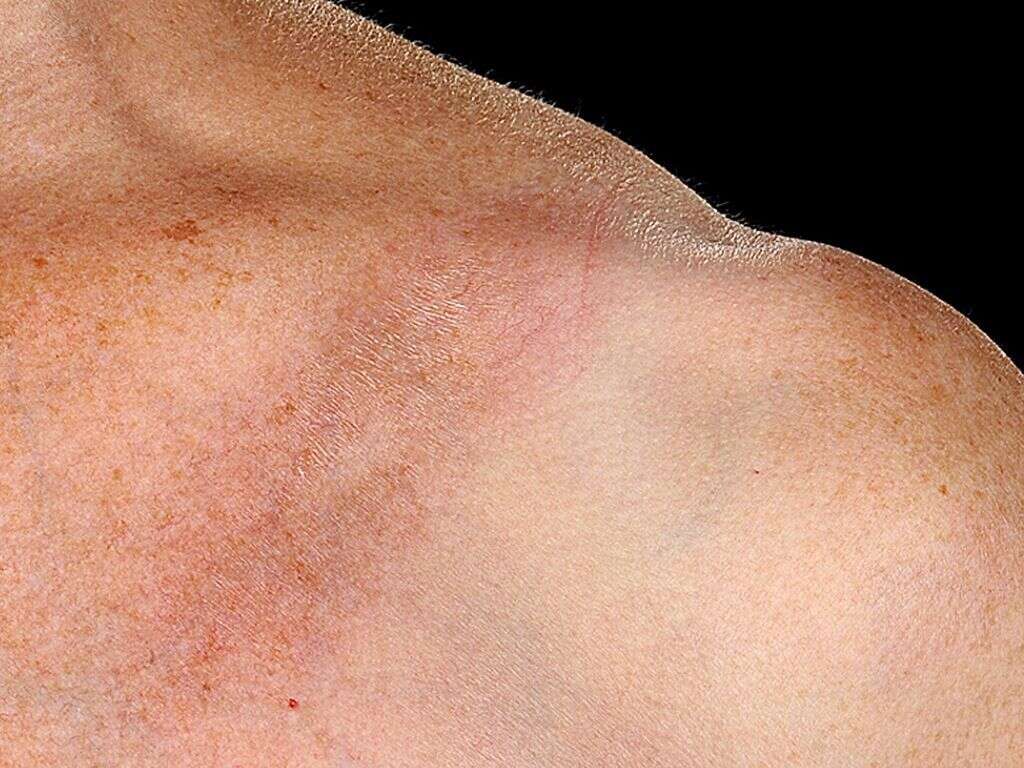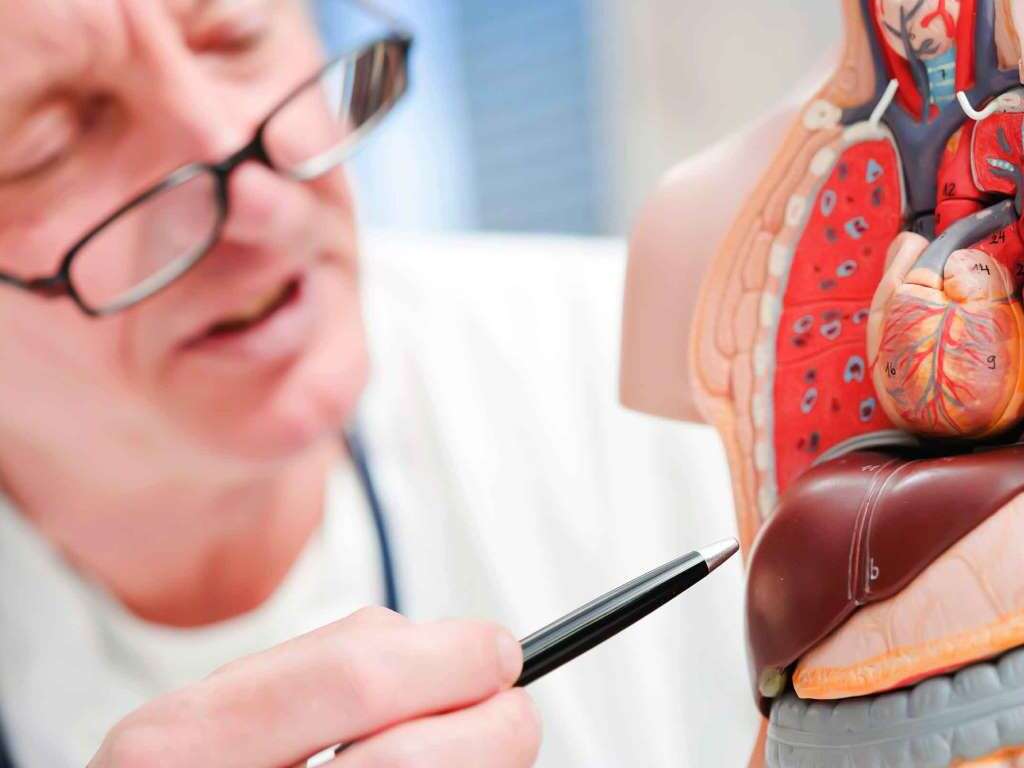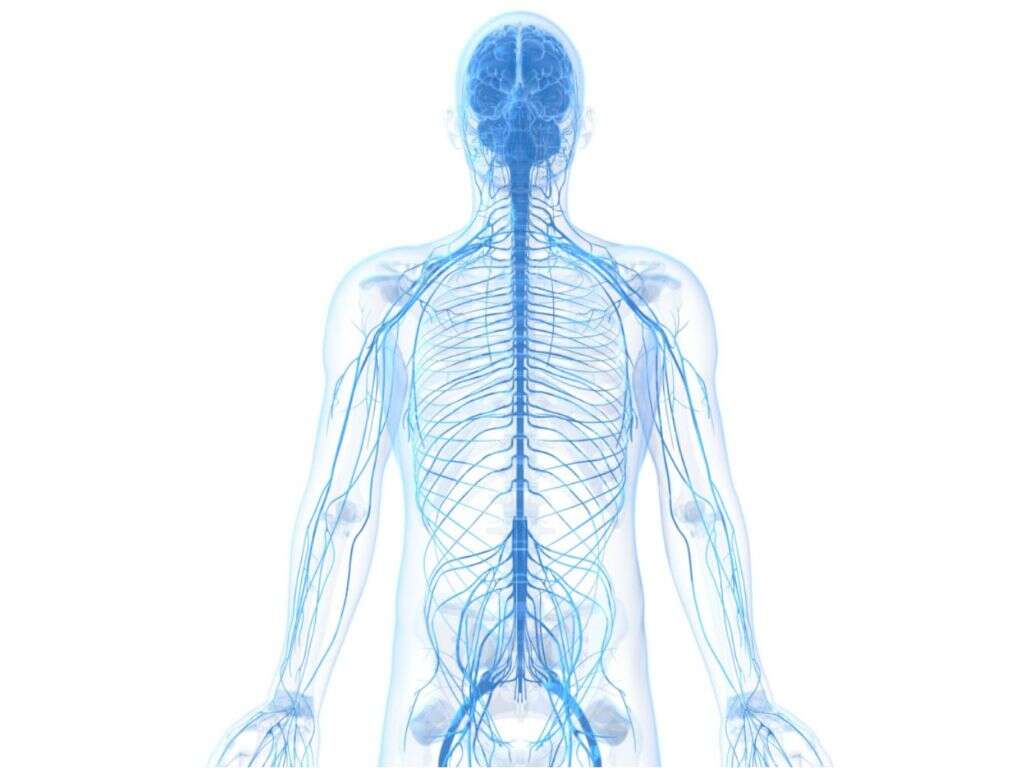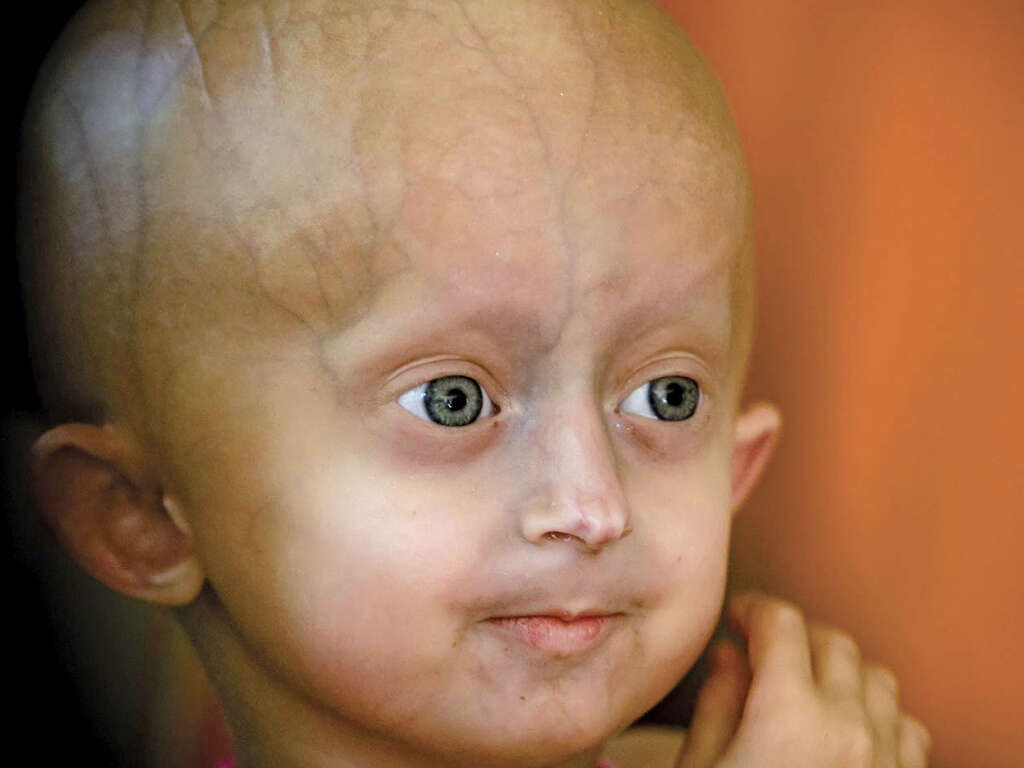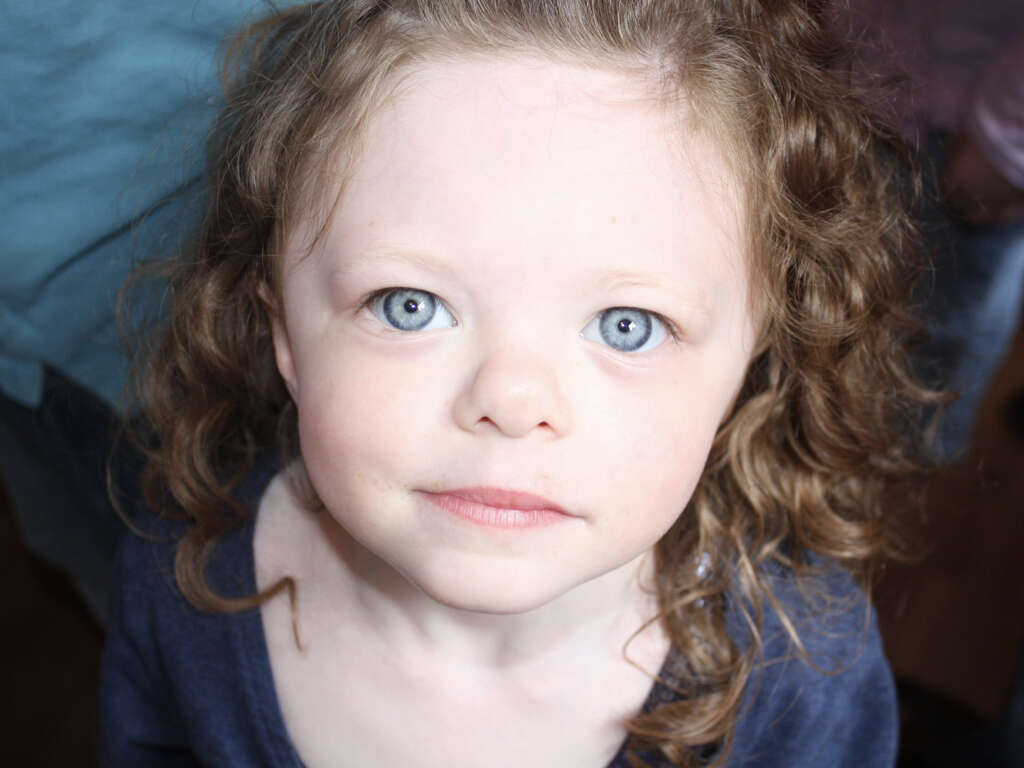What Is Morgellons?
As much as our understanding of diseases has progressed, there is still a lot more that needs to be learned. It is often the case that we are not able to treat a disease until we know exactly what the cause of it is. This potentially leaves patients having to endure discomfort, or even worse.
One example of such a disease is Morgellons. Very little is known about the disease and there is no known cure with our current technology. Either way, it can cause some very unpleasant symptoms for the patient and it can be difficult to live with.
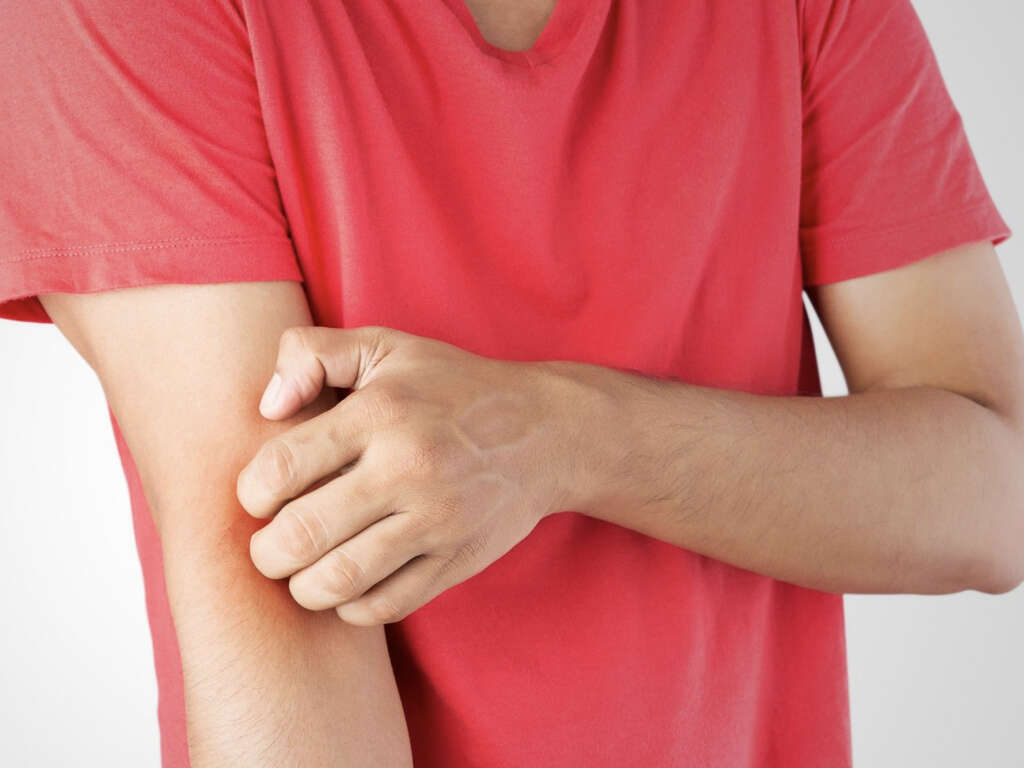
1. Morgellons Disease
Morgellons disease is an unpleasant condition that can have a severe impact on the patient’s quality of life. It is an often painful skin condition that can also cause some other very unwelcome symptoms. In addition to skin problems, Morgellons disease can also cause some other unwelcome symptoms, including some psychological conditions.
Morgellons is a very rare disease and little is understood about it. There is also a lot of controversy surrounding the condition, with some people even doubting it is a genuine condition at all. Studies have suggested that it is a very real disease, however, and that further investigation should be carried out.

2. Fibers
The main symptom of Morgellons disease is fibers that lay just beneath the skin. The fibers will also sometimes break up out from the skin, and the patient is also likely to have sores that will heal a lot more slowly than usual. There is controversy over the source of the fibers, however.
Some people believe that the fibers are somehow produced by the patient’s cells. Many others, however, feel that the fibers are more likely to have come from clothing. Morgellons disease is not officially recognized as a genuine disease, with many people believing it is a psychiatric condition instead.
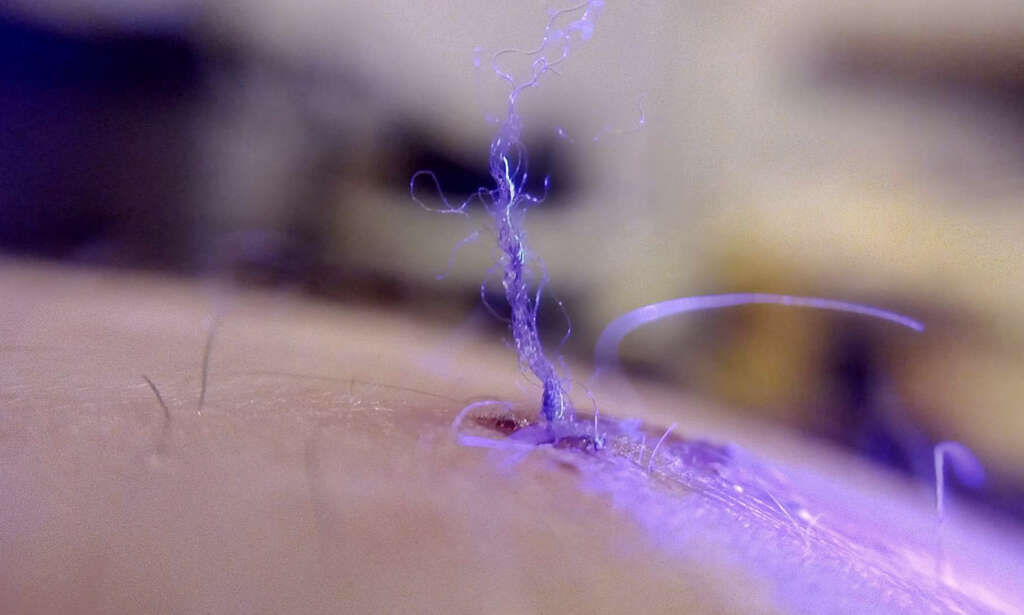
3. Delusional Parasitosis
Another common symptom that is associated with the condition is the sensation that the skin is crawling. Patients explain the symptom as though there is something crawling on their skin or just beneath the skin. Some people will also describe a sensation that feels as though they have been stung.
Researchers into the condition have not yet been able to find any source of the patient’s symptoms. This has led to the symptom to be known as delusional parasitosis, which is a name that is also often given to cases of Morgellons. Some people have even been accused of faking the symptom when no underlying cause can be found.

4. Borrelia Burgdorferi
Despite the controversy surrounding Morgellons, some studies have suggested that it is indeed a genuine disease. Some people have even been able to pinpoint a particular bacterium that seems to have an association with the condition. This bacterium is Borrelia burgdorferi, which is also responsible for Lyme’s disease.
The bacteria, and Lyme’s disease, is spread through the bite of some species of tick, and it is suspected by some that Morgellons disease could also be spread by a tick bite. Either way, Lyme’s disease is potentially very dangerous so it should be treated as soon as the condition is diagnosed.
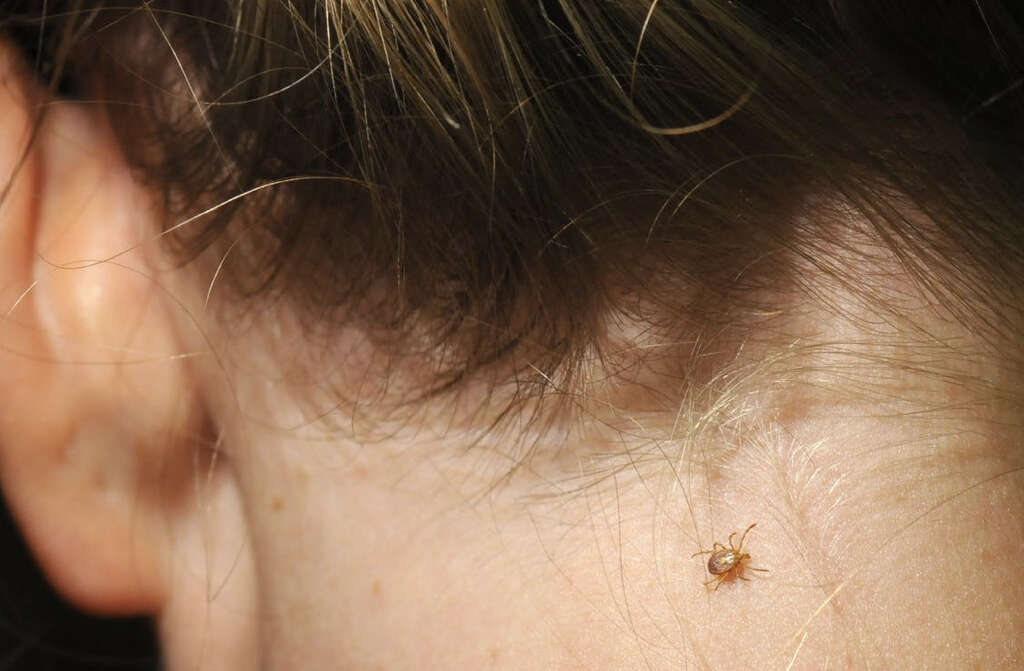
5. Symptoms
In addition to the symptoms mentioned, Morgellons disease can also cause the patient to experience other symptoms. These symptoms are said to be similar to some of the symptoms of Lyme’s disease, which further suggests a link between the bacterium responsible for that disease.
One of the symptoms associated with Morgellons is that the patient can have difficulty sleeping. They can also feel fatigued even if they are managing to get enough sleep. Some patients with the condition will also go on to develop depression, which is a very serious disease in itself. If somebody is displaying symptoms of depression then they should be found help as soon as possible.

6. Memory Loss
Some patients with Morgellons will also suffer from memory loss, particularly their short term memory. This means that they will be able to remember friends and family, but can struggle to remember something that happened just a few months ago. It is potentially dangerous if it means the patient does things like forgetting to turn off a stove.
The condition will also sometimes lead to the patient having difficulty concentrating. Even the simplest of tasks can become more of a challenge to them as they find it hard to remain focused for long enough. These are symptoms that should have the patient speaking with a medical professional.

7. Itching
Morgellons disease will also cause aches and pains in the joints in some cases, and it can be quite uncomfortable for a lot of people. Some patients will also experience some degree of neuropathy, which can cause them to experience numbness and sensations like tingling in their extremities.
Another symptom of Morgellons disease is itchiness. The itchiness can be persistent and it will be unbearable in many cases. Itchiness at night time can also contribute to the patient finding it difficult to sleep. The itchiness can also lead to some further complications if the patient scratches their skin too much.
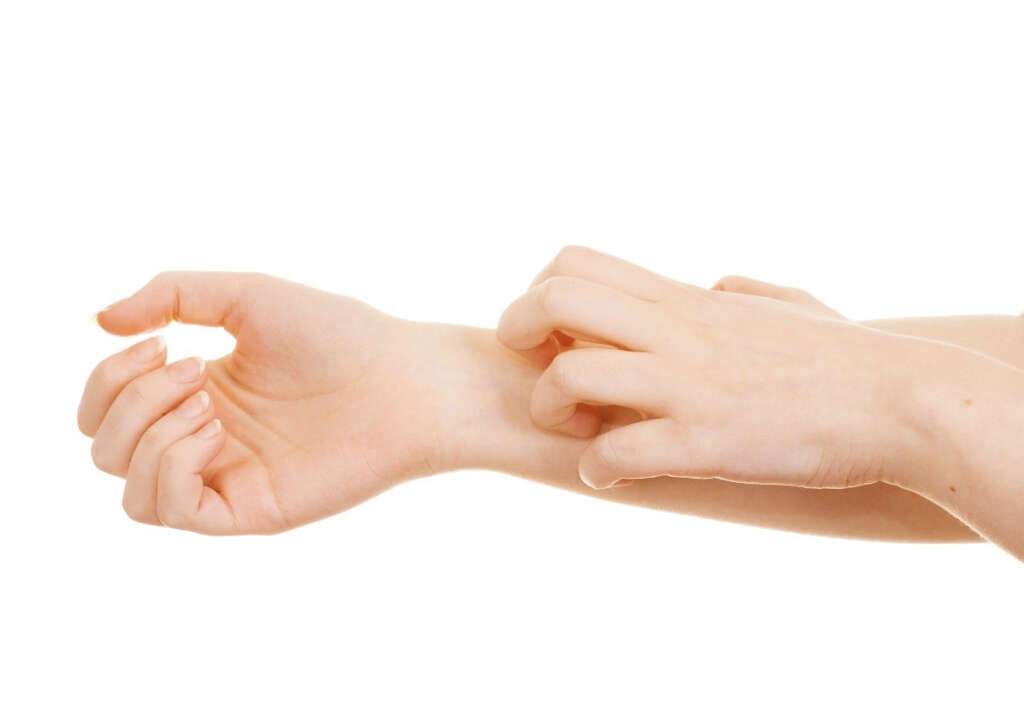
8. Complications
If you scratch your skin too much then you can end up breaking the skin. Itchiness can cause this to happen, while patients with Morgellons will also sometimes pick at fibers, as well as sores and scabs. This can lead to potentially severe problems.
Broken skin and sores will leave the patient exposed to developing infections. Even the mildest of infections can become more severe, and it can even lead to the patient developing sepsis which can be a threat to the patient’s life. Another potential compaction of Morgellons is that is can also have a severe impact on the patient’s self-esteem as they become conscious about their appearance.
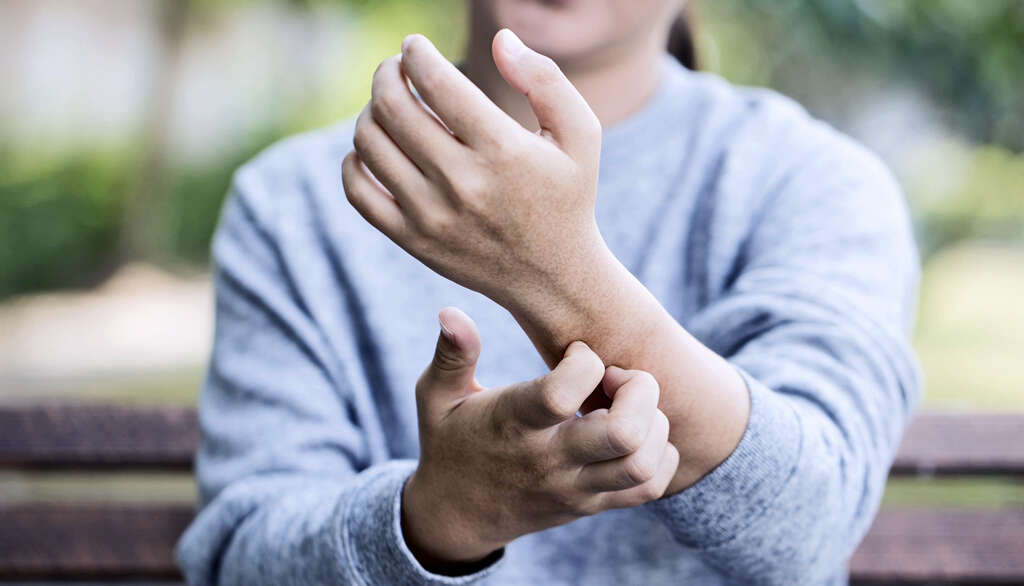
9. Who’s At Risk
With so little known about Morgellons disease, it is difficult to say exactly who is more likely to develop it. However, there are some people that appear to be more likely to catch it than others. This includes people that are more likely to be exposed to ticks, and those that have Lyme disease.
The condition also appears to be more prevalent in white women who are middle-aged. There is also thought to be a link between Morgellons disease and hypothyroidism. It is not thought to be contagious, so people that are close to others with the disease are not at a higher risk of developing it themselves.
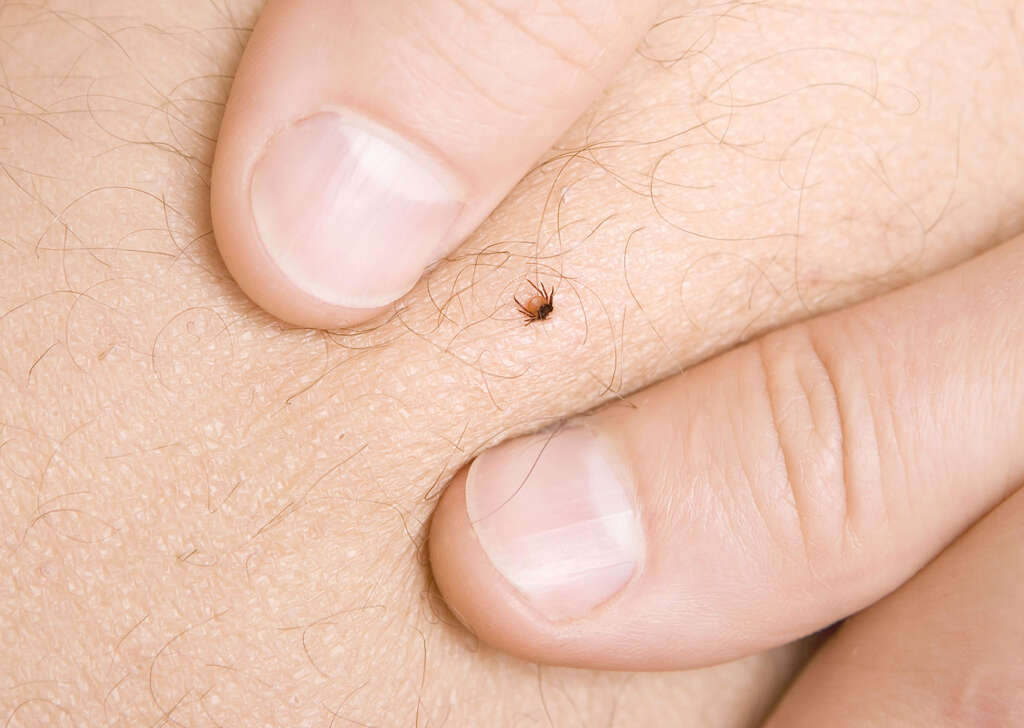
10. Treatment
Not knowing what causes Morgellons makes it very difficult to treat. However, antibiotics are used to heal and prevent infections that are caused by broken skin. Some people might also need medications with other symptoms like stress, anxiety, and depression. Therapy with a psychotherapist may also be requested in some cases.
Therapy sessions can help the patient to understand their condition better, and also help them to manage their symptoms better. In some cases it is also necessary to help the patient manage symptoms like anxiety and depression better, which sometimes arise because the patient is conscious about their appearance.




